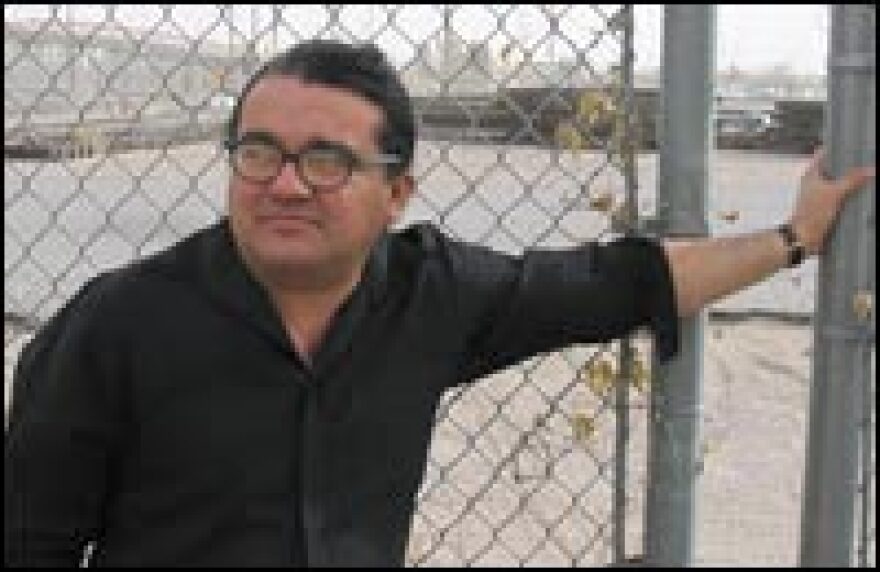
For decades, U.S. health authorities used noxious, often toxic chemicals to delouse Mexicans seeking to cross the border into the United States. A new book tells the story of what happened when a 17-year-old Mexican maid refused to take a gasoline bath and convinced 30 other trolley passengers in 1917 to do the same.
The maid, Carmelita Torres, crossed every day from Juarez to El Paso to clean American homes. The gasoline bath was noxious, but effective at killing lice, which carry typhus, says David Dorado Romo, an El Paso, Texas, author whose new book is called Ringside Seat to a Revolution. Before being allowed to cross, Mexicans had to bathe, strip nude for an inspection, undergo the lice treatment, and have their clothes treated in a steam dryer.
When Torres and the others resisted the humiliating procedure, onlookers began protesting, sparking what became known as the Bath Riots.
The Mexican housekeepers who revolted had good cause to be upset. Inside a brick disinfectant building under the bridge, health personnel had been secretly photographing women in the nude and posting the snapshots in a local cantina. A year earlier, a group of prisoners in the El Paso jail died in a fire while being deloused with gasoline.
U.S. and Mexican troops eventually quelled the riot, and young Torres was arrested. Though she's been compared to Rosa Parks, Torres' protest had little effect, Romo says.
The baths and fumigations (DDT and other insecticides were later used) continued for decades, long after the Mexican typhus scare ended. The practice was finally discontinued as health authorities realized the chemicals were dangerous.
Copyright 2023 NPR. To see more, visit https://www.npr.org.




